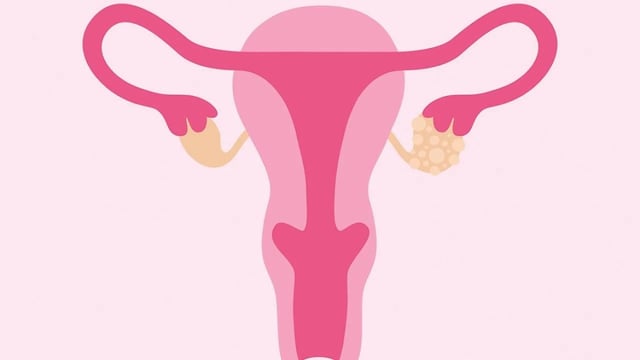Overview
- India Today cites estimates that roughly one in five women in India may have PCOS, with reports that about 70% of cases worldwide go undiagnosed.
- Studies referenced in new coverage suggest air pollution and emerging contaminants such as microplastics, carbon-based nanoparticles, metal oxides, and plastic food packaging could increase risk.
- Obstetrician Nidhi Sharma Chauhan explains that genetic susceptibility interacts with lifestyle factors, with potential prenatal exposure to androgens or pollutants linked to higher likelihood of PCOS.
- PCOS presents with irregular cycles, excess androgens, and metabolic issues, and is associated with longer-term risks including type 2 diabetes, hypertension, cardiovascular disease, and endometrial cancer.
- Experts emphasize that many patients can manage symptoms through weight control, balanced diet, exercise, stress reduction, improved sleep, and tailored medical care, while social-media advice such as spearmint tea remains unverified.


